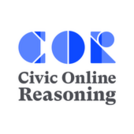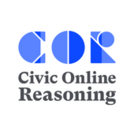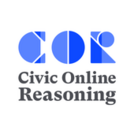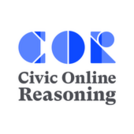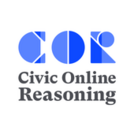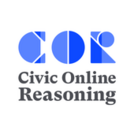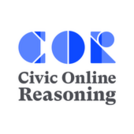
When young people want to find out more about a topic or question, they often turn to Google. But open Internet searches routinely turn up contradictory results that mix fact with falsehood. Making sense of search results is even more challenging with politically loaded topics. This task asks students to perform an open search about a controversial figure in order to assess their ability to wade through information to find sources, evidence, and arguments that they trust.
- Subject:
- Applied Science
- Business and Communication
- Communication
- Computing and Information
- Information Science
- Journalism
- Material Type:
- Activity/Lab
- Assessment
- Homework/Assignment
- Lesson
- Lesson Plan
- Provider:
- Stanford University
- Provider Set:
- Civic Online Reasoning
- Author:
- Civic Online Reasoning
- Date Added:
- 04/01/2022

